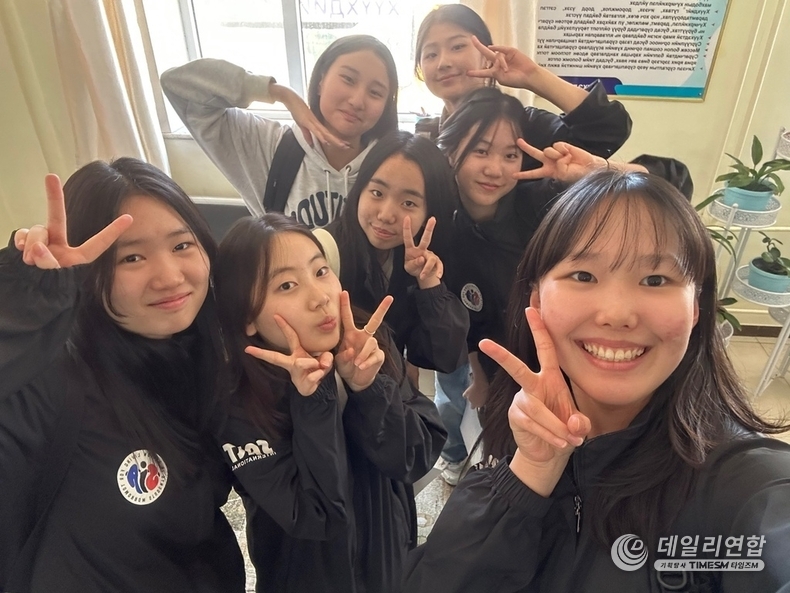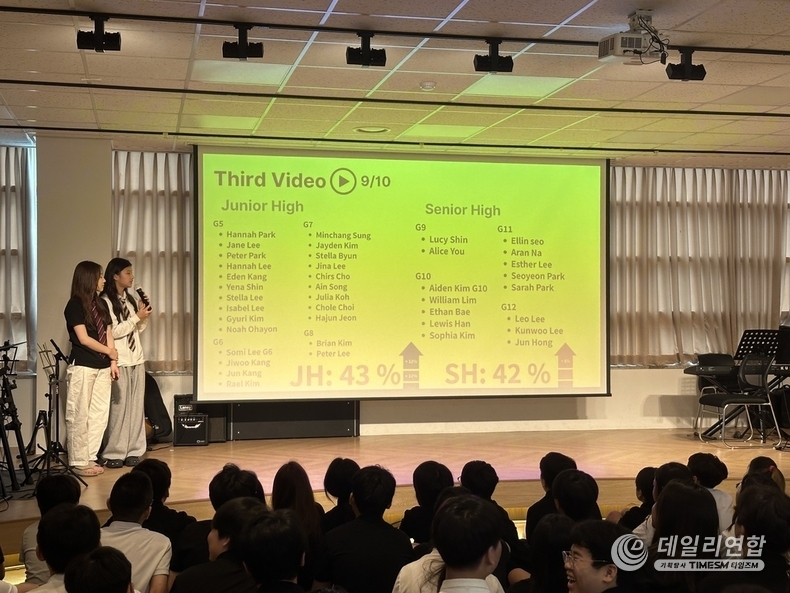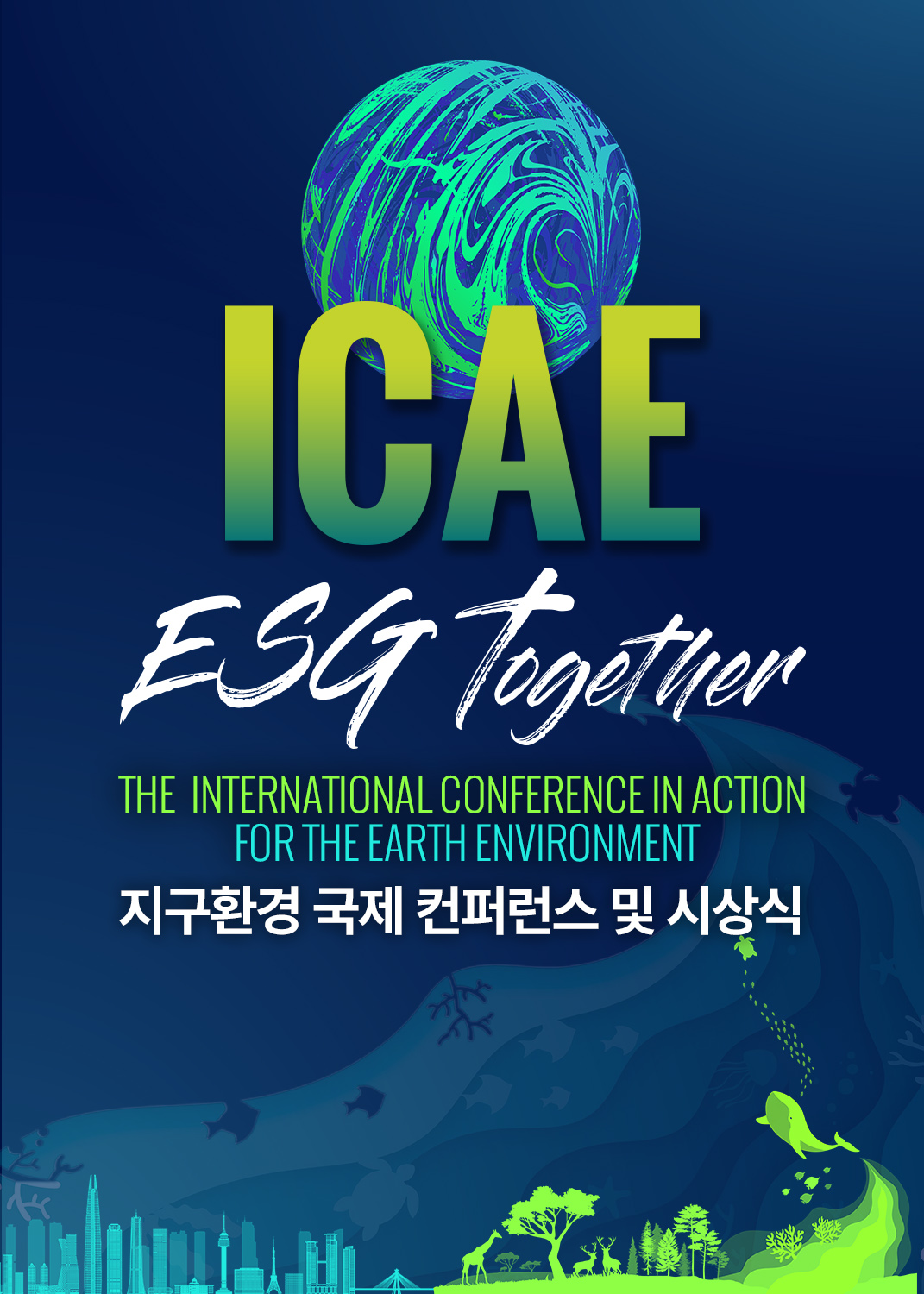데일리연합 (SNSJTV) Trainee Reporter Seeun Park | In South Korea, companies publish glossy ESG reports while students roll up their sleeves to make real change. Global ratings agency MSCI recently gave Korea’s major firms an average ESG rating of “BBB,” below international standards. UNESCO’s 2023 report also showed that while more than half of OECD countries include ESG in youth education, Korea still lacks a systematic program.
While corporations stalled, students at SALT International School decided to test ESG themselves. Their team, ACTizens, launched the RE:ESG project, a Youth ESG campaign built on practice rather than paperwork. Despite setbacks, the campaign became a turning point.

The first attempt copied corporate methods by creating an ESG checklist for the school. But reports and numbers failed to bring change. Students soon realized that ESG is about action, not scores.
Their first concrete step was Zero Food Waste. At lunch, ACTizens tracked leftovers and posted clean trays on social media. After just three videos, food waste dropped sharply. Participation grew, and the school atmosphere shifted. What began as a small effort quickly became the hallmark of their Youth ESG campaign.
In the social pillar, ACTizens replaced dull safety drills with a fire evacuation video they produced themselves, making training both realistic and engaging. In governance, they collected surveys after events and turned them into a “report card” to guide improvements. It was a direct lesson in transparent decision-making and another step in their Youth ESG campaign.

Building on that success, ACTizens are now developing an AI system to automatically track and analyze cafeteria waste. The system will not only measure food waste in real time but also transform the data into classroom lessons and proposals to improve meal planning. This innovation marks a new stage for the Student Sustainability Project, showing how youth-driven action can grow into structured systems.
“We realized that if we want real change, we can’t just wait for adults or companies,” said Hayul Lee, a member of ACTizens. “Even small steps—like tracking food waste—can build into something bigger.”
Korea’s ESG performance remains low, but ACTizens’ RE:ESG shows how students can close the gap with action. While corporations chase ratings, this Youth ESG campaign delivers visible results. For ACTizens, the Youth ESG campaign is more than a school initiative—it is a Student Sustainability Project with lessons that could inspire broader change.
The challenge from Korea’s youth is simple: practice what you preach.
It may just be the spark Korea and the world need.
*This article was directly reported and written by trainee reporter Seeun Park as part of the student journalist training program.













